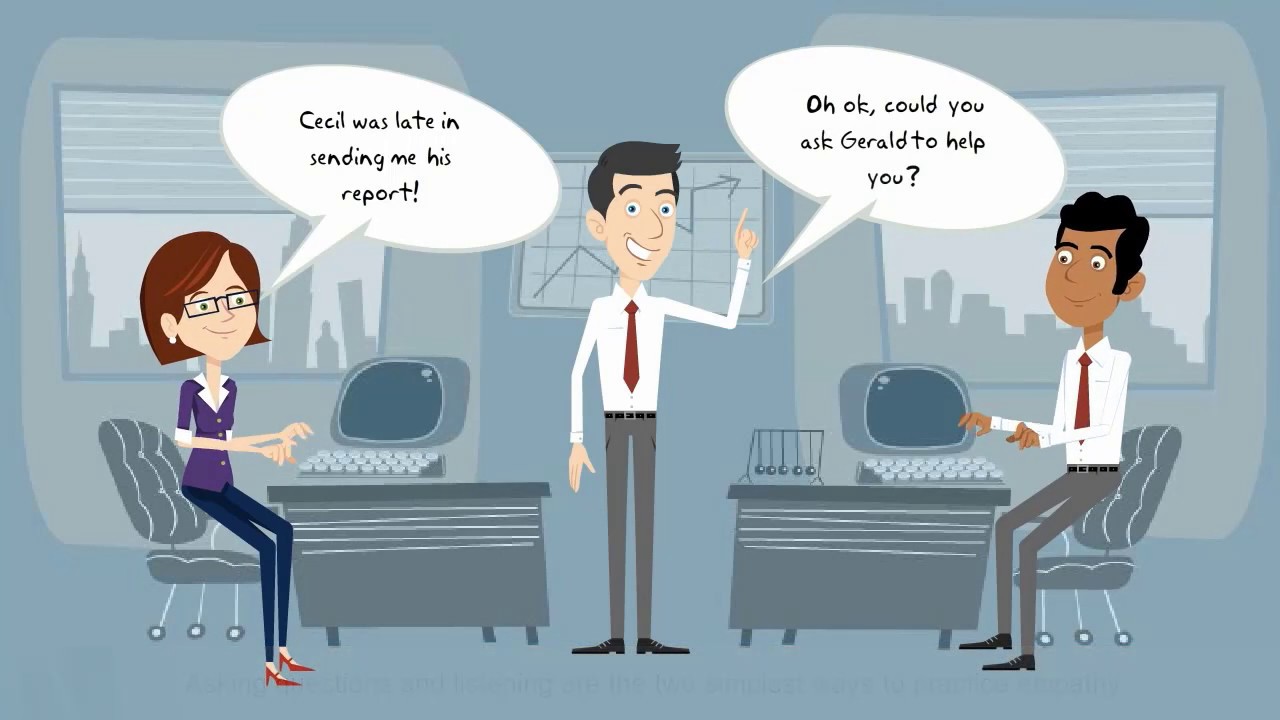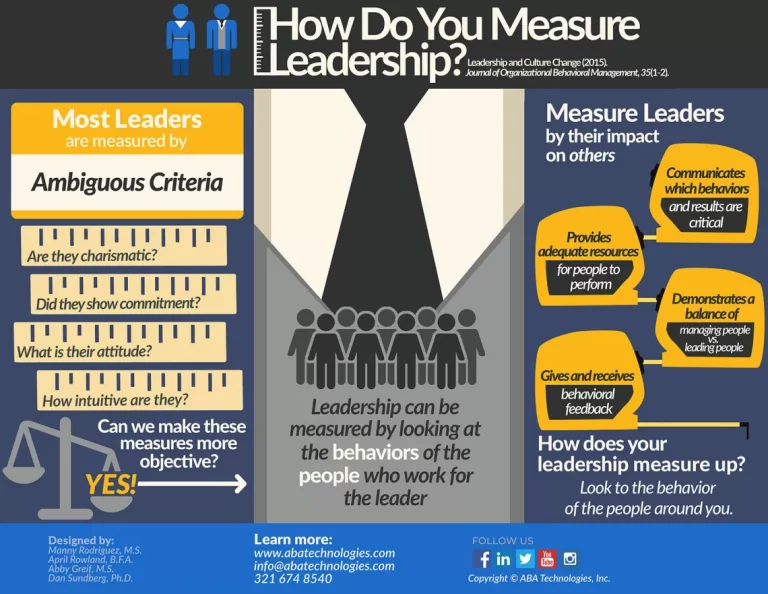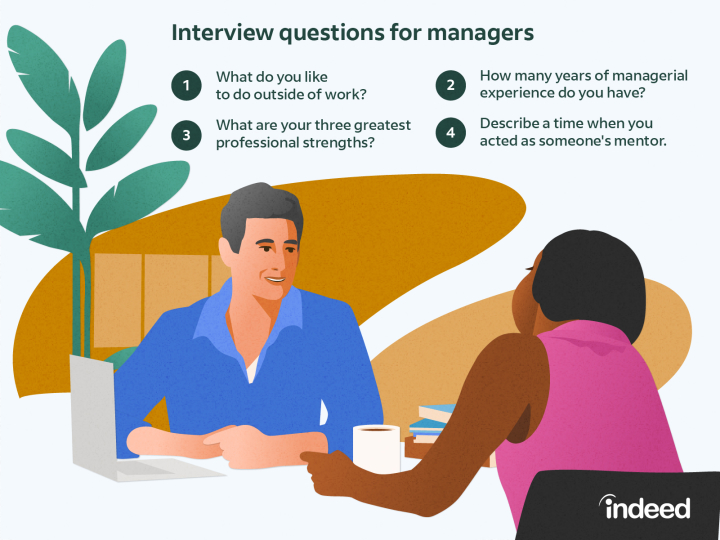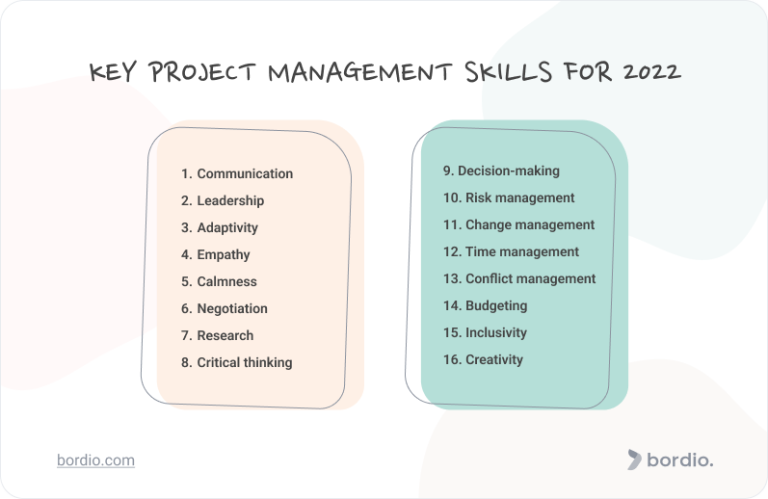What is Empathy in the Workplace? The Key to Team Success
Empathy in the workplace means understanding and sharing colleagues’ feelings. It helps build strong team bonds.
Empathy goes beyond just being nice. It’s about truly caring for others. In today’s busy work environment, empathy is crucial. It improves communication and boosts morale. Employees feel valued and understood. This leads to a positive workplace culture. Managers who show empathy earn trust.
Teams become more productive and engaged. Empathy can transform the way we work. It creates a supportive and collaborative atmosphere. This blog will explore the role of empathy in the workplace. We’ll discuss its benefits and how to practice it daily. Ready to learn more? Let’s dive in!
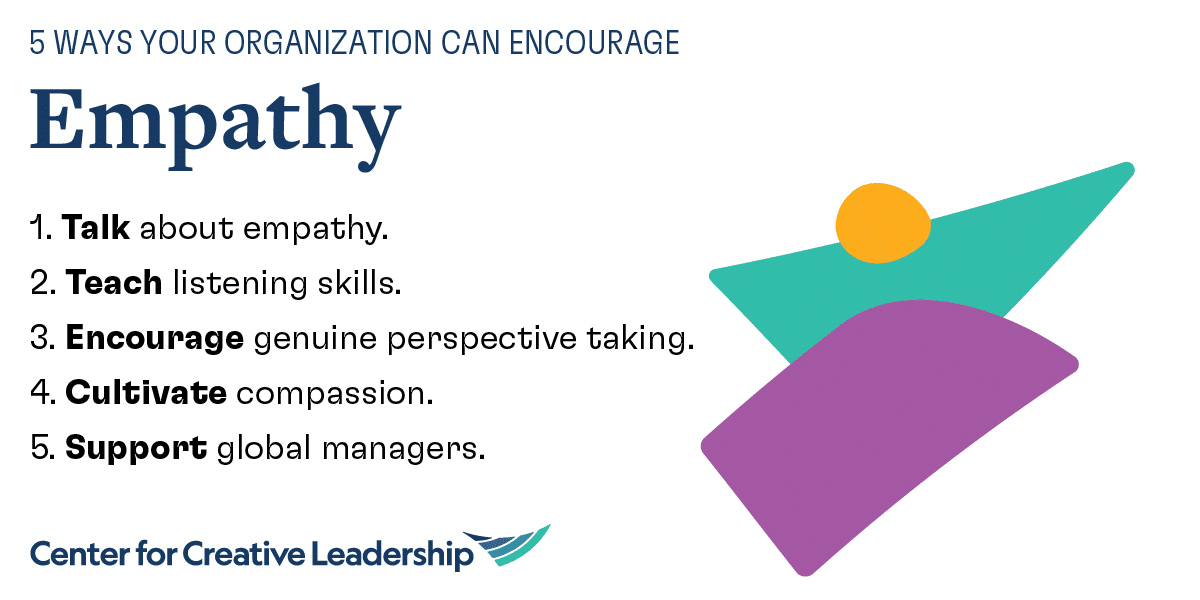
Credit: www.ccl.org
Introduction To Empathy
Empathy means understanding how others feel. It is about putting yourself in someone else’s shoes. Empathy helps us connect with each other. It makes us kinder and more caring.
Empathy at work creates a positive environment. It improves teamwork and communication. Employees feel valued and respected. This leads to better performance and job satisfaction. It helps in resolving conflicts quickly. It also builds strong relationships among colleagues.
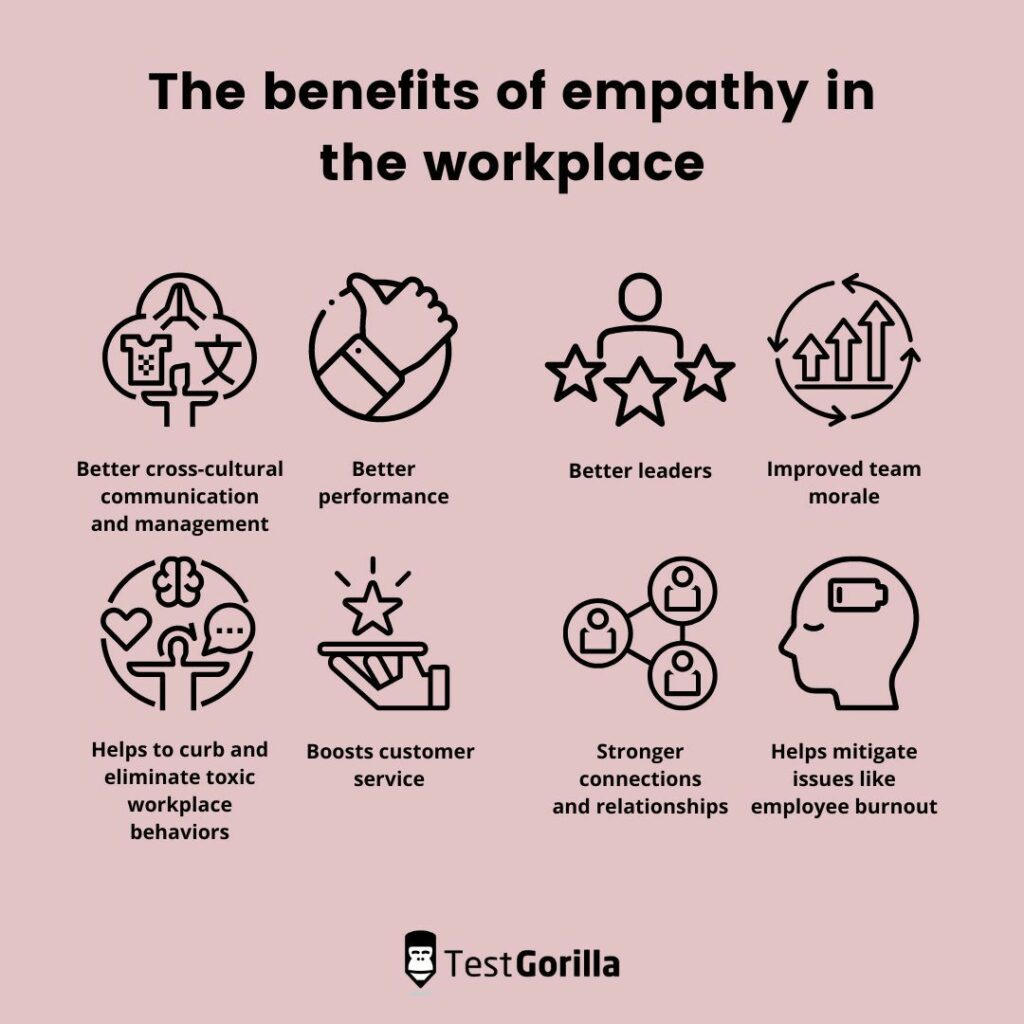
Credit: www.testgorilla.com
Types Of Empathy
Cognitive empathy means understanding another person’s thoughts. It helps to see things from their perspective. This type of empathy is useful in communication. It helps in negotiations and teamwork. It does not involve sharing emotions.
Emotional empathy means feeling what another person feels. It connects people on a deeper level. This type of empathy is important in personal relationships. It helps build trust and rapport. But, it can sometimes be overwhelming.
Compassionate empathy means feeling and acting on others’ feelings. It involves both understanding and caring. This type of empathy drives us to help others. It is essential in supportive environments. It creates a positive workplace culture.
Benefits Of Empathy
Empathy helps people understand each other better. This makes talking easier. Clear communication reduces errors. It also builds trust between team members. When people feel heard, they share ideas freely. This leads to better solutions.
Empathy makes teams work well together. Understanding others’ feelings helps resolve conflicts. It also encourages supportive behavior. A team that cares for each other achieves goals faster. Shared empathy builds a strong team bond.
Employees feel happy when their feelings are valued. Empathy from leaders makes staff feel appreciated. This boosts morale and reduces stress. Happy employees stay longer in their jobs. They also perform better and show more dedication.
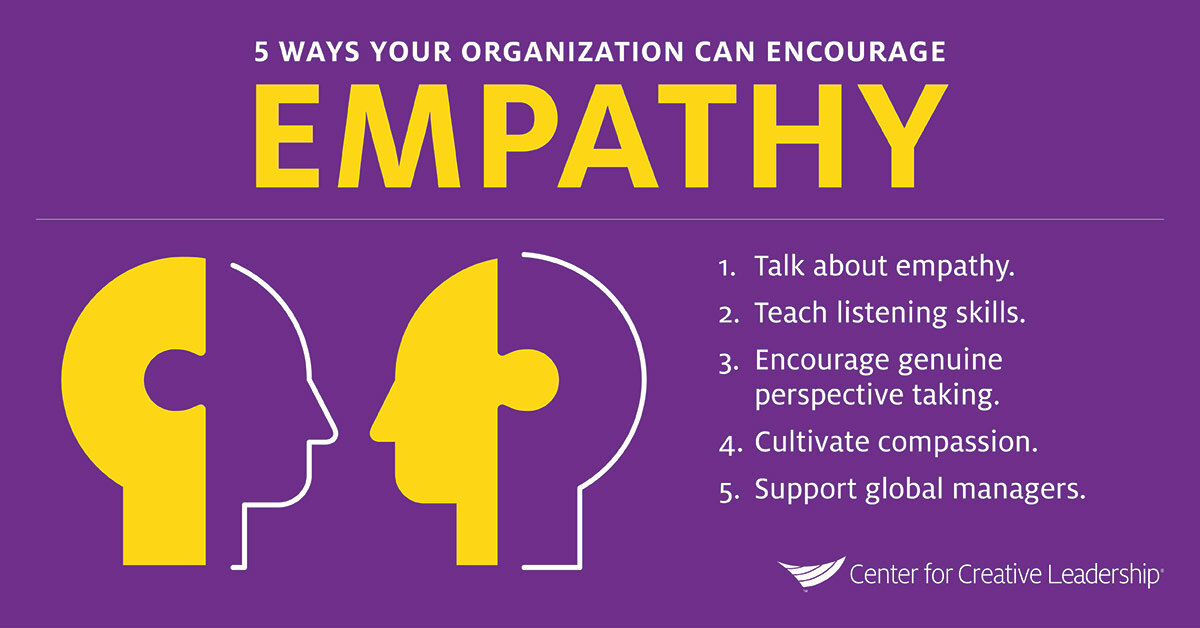
Credit: www.thrivehrexchange.com
Empathy And Leadership
Empathetic leaders listen well. They pay attention to their team. They understand feelings. They show kindness and respect. They ask questions to learn more. They do not judge quickly. They make people feel valued. They build trust. They are patient. They offer help when needed. They make work a better place.
Empathy boosts team morale. People feel heard. They feel supported. This leads to better work. Happy teams are more productive. They work together well. They solve problems faster. They stay loyal to the company. They share ideas openly. This leads to more innovation. Empathy makes the team stronger.
Building An Empathetic Culture
Empathy training helps employees understand and share feelings of others. It improves team cooperation and builds stronger relationships. Training programs can include role-playing and real-life scenarios. These activities help employees practice empathy. Leaders should set examples by showing empathy in their actions.
Open communication is key to an empathetic workplace. Employees should feel safe to share their thoughts and feelings. Regular meetings can provide platforms for open discussions. Listening actively and without judgment is important. This builds trust and understanding among team members.
Empathy In Conflict Resolution
Empathy helps see things from others’ views. It’s key in conflict resolution. People feel heard and valued. This reduces tension and builds trust.
Listening is essential. Not just hearing but understanding. Ask questions. Show genuine interest. Recognize emotions. This way, you can understand the root of the conflict.
Empathy promotes fair solutions. It considers everyone’s needs. This leads to better outcomes. Both sides feel satisfied. It builds long-term harmony.
Expressing empathy can calm heated situations. It shows you care about others’ feelings. This encourages cooperation. Finding common ground becomes easier.
Challenges To Empathy
Biases can hinder empathy. People have different backgrounds and views. These biases can create walls. Recognize your own biases first. This is the first step to overcome them. Listen actively to others. Ask questions and be curious. Do not judge quickly. Try to see the world through their eyes. This helps in building stronger connections.
Empathy is important. But, it should not affect professionalism. Balance is key. Be kind and understanding. At the same time, stay firm on tasks. Set clear boundaries. This helps in managing work and relationships. Keep your emotions in check. This ensures decisions are fair. Remember, being professional does not mean being cold.
Practical Tips For Practicing Empathy
Focus on the speaker. Give them your full attention. Nod and smile to show you are listening. Avoid interrupting them. Make eye contact. Ask questions to understand better. Reflect back what you hear. Use phrases like, “So what you’re saying is…” This helps confirm understanding.
Show curiosity about your colleagues’ lives. Ask about their hobbies and families. Remember details from past conversations. This shows you care. Be present in conversations. Avoid checking your phone. Express appreciation for their work and effort. A simple “thank you” goes a long way.
Be specific about what was done well or needs improvement. Use positive language. Instead of “This is wrong,” try “Let’s improve this part.” Be timely with feedback. Give it soon after the event. Offer solutions or suggestions. Help them see a path forward. Encourage them and show confidence in their abilities.
Empathy Case Studies
Teams with high empathy work better. They understand each other. This helps in solving problems quickly. They listen to each team member. Feeling heard boosts morale. Happy teams perform well. They meet goals faster. They also make fewer mistakes. This creates a positive work environment. Collaboration becomes second nature.
Empathy helps in many ways. It builds trust. Trust is key in any team. It also reduces conflict. Less conflict means more focus on work. People feel valued. This leads to loyalty. Loyal employees stay longer. They give their best. Teams with empathy are strong. They achieve more together.
Future Of Empathy In The Workplace
Empathy in the workplace means understanding and sharing the feelings of colleagues. It helps build trust and improves teamwork. Future workplaces will likely value empathy even more.
Trends
Empathy is becoming more important at work. Companies now focus on worker happiness. Happy workers are more productive. Empathy helps reduce stress. It also builds trust among team members.
Leaders are getting training on empathy. They learn to listen and understand. This makes the workplace better. Workers feel heard and valued. This trend is growing fast.
Technological Impact
Technology is changing how we show empathy. Virtual reality helps in empathy training. Workers can see and feel others’ experiences. This makes understanding easier.
Communication tools also help. Tools like video calls and instant messaging make staying connected easier. Even from far away, workers can share feelings. This helps keep empathy alive in remote teams.
Frequently Asked Questions
What Does Empathy Mean In The Workplace?
Empathy in the workplace means understanding and sharing the feelings of colleagues. It involves listening, supporting, and showing compassion.
Why Is Empathy Important At Work?
Empathy fosters a positive work environment, improves communication, and strengthens team collaboration. It leads to higher employee satisfaction and productivity.
How Can Managers Show Empathy?
Managers can show empathy by actively listening, offering support, and understanding employees’ perspectives. Regular check-ins and personalized feedback are also helpful.
What Are The Benefits Of Empathy In Leadership?
Empathetic leadership builds trust, enhances team morale, and encourages open communication. It leads to better employee engagement and retention.
Conclusion
Empathy in the workplace builds stronger teams. It improves communication and trust. Employees feel valued and understood. This leads to higher job satisfaction. Empathy also reduces conflicts. It creates a supportive work environment. Leaders who show empathy inspire loyalty. They promote a positive culture.
Everyone benefits from empathy at work. It enhances collaboration and productivity. Start practicing empathy today. Your workplace will thrive.
